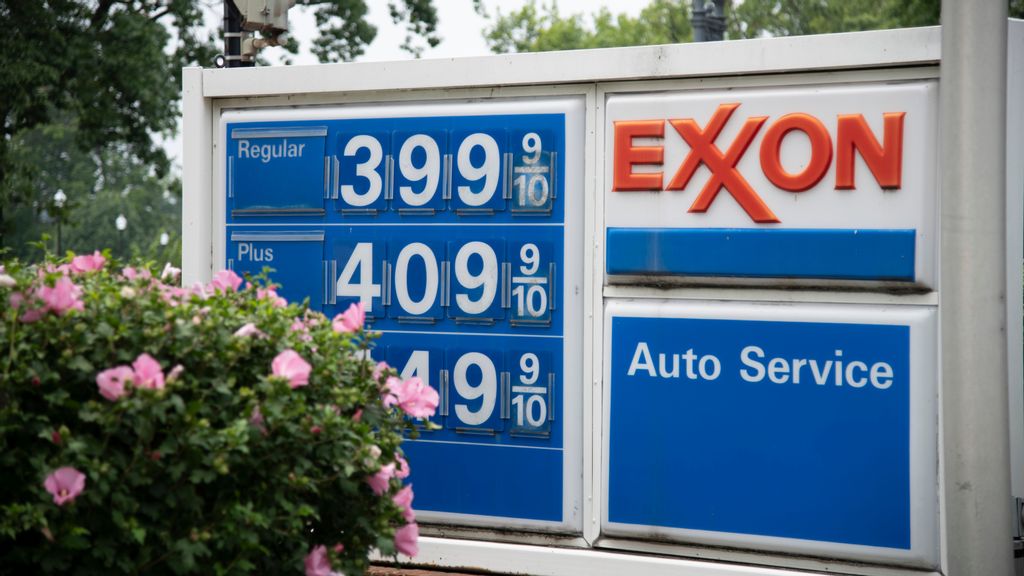
Stricter guidelines aimed at controlling the spread of coronavirus variants aren’t hurting demand for gasoline, though prices could still moderate, analysts tell Zenger.
The U.S. Centers for Disease Control and Prevention has recommended a return to wearing face masks to control the spread, and some private businesses are requiring vaccinations. The Centers for Disease Control and Prevention advises people to avoid crowds and poorly ventilated indoor spaces.
But strong demand has pushed retail gasoline prices to multi-year highs. Travel club AAA reports a nationwide average of $3.18 for a gallon of regular unleaded — the highest national average since October 2014.
Crude oil prices, however, have been on a downward trend as market watchers worry that the Delta variant could curb economic growth. The U.S. economy expanded 6.5 percent during the second quarter, well below the 8 percent increase that many expected.
Crude oil prices are the main determining factor for the retail price of gasoline. The price for Brent crude, the global benchmark, is down 2.7 percent over the last week, though gasoline prices have not caught up with trends yet.
Give it time, said Denton Cinquegrana, chief oil analyst at the Oil Price Information Service.
“Up like a rocket, down like a feather,” he said.
The 2021 story for gasoline prices, and commodities in general, has wavered with supply and demand. As vaccines became available at the start of the year, gas prices moved up steadily as people emerged from lockdown. Suppliers have struggled to keep up.

Patrick DeHaan, senior petroleum analyst at GasBuddy, said demand still looks strong as renewed mask mandates are unlikely to discourage travel.
“I don’t think the Delta variant will slow down demand’s recovery,” he told Zenger.
The Delta variant is a more contagious strain of the novel coronavirus that causes COVID-19. It has been particularly prevalent among those people who have not been vaccinated.
The national gasoline price average is skewed by higher prices in West Coast states that have higher fuel taxes than most. Both California and Nevada have statewide averages above $4 per gallon, though Cinquegrana at the Oil Price Information Service said the most common price nationally is probably closer to the $3 mark.
Prices normally dip on seasonal factors this time of year, between peak demand periods from July 4 to Labor Day. The total amount of refined petroleum products, such as gasoline — a loose barometer for demand — is still not quite at pre-pandemic levels.
Patricia Hemsworth, a senior vice president at Paragon Markets, told Zenger, that crude oil prices tend to oscillate more wildly than gasoline prices. She cautioned that market conditions are such that refineries are losing money, which ultimately means more pain at the pump for consumers.
Edited by Bryan Wilkes and Judith Isacoff
The post Surging COVID-19 Cases Not Curbing Gasoline Demand So Far appeared first on Zenger News.

